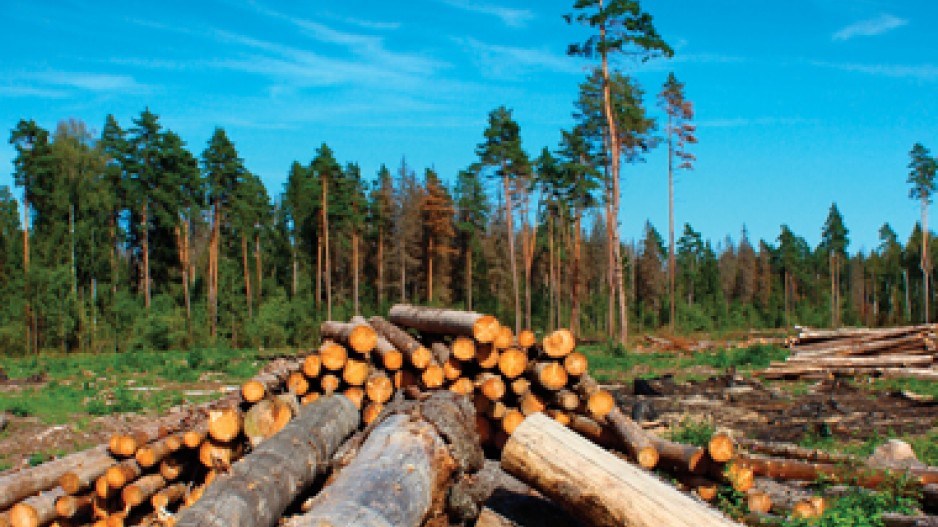It's 2013. The Americans are building houses again, and the good times are back for B.C.'s major forestry companies.
But for independent logging contractors, it might as well be 2008, when everyone in the industry was waiting out the depths of a severe downturn.
The price freeze is making it impossible for the contractors to buy newer and safer machinery, compete on wages and in some cases stay in business, according to two organizations that represent B.C.'s loggers.
"The whole supercycle that people are talking about and these increased profits that seem to be going on with the licensees aren't making it down to the contractors," Dwight Yochim, executive director of the Truck Loggers Association (TLA), told Business in Vancouver.
Independent logging contractors made sacrifices along with everyone else and accepted lower rates during the recession, said Wayne Lintott, general manager of the Interior Logging Association (ILA).
"The last year, things have picked up," said Lintott. "That reduction that they lost has not been put back into the program."
He said the contractors have little choice but to accept the rates they're offered, because all the licensees have offered the same rate, calling it the "industry standard."
The two major licensees on the coast, Western Forest Products (TSX:WEF) and International Forest Products (TSX:IFP.A), have been driving particularly hard deals, said Yochim.
"Our members are being sent a letter to say, 'Here's the rate, and if you don't like it, we'll see you in arbitration,'" said Yochim. "Every time one of our members goes to arbitration, that's about $80,000 in legal fees."
Because of the price freeze, the contractors haven't been able to replace badly needed equipment. That has safety consequences, said Yochim.
"The older equipment tends to break down. The new equipment is faster, more reliable, more productive."
Yochim and Lintott said the consequences for the industry as a whole are already starting to be felt. There are fewer logging truck drivers and young workers are increasingly lured to higher-paying oil and gas jobs.
Many contractors are considering leaving the business altogether or have already left.
Yochim plans to discuss the issue with Minister of Forests Steve Thomson and with the Coastal Forest Products Association (CFPA), which represents licensees on the coast.
A CFPA statement sent to BIV said, "The Forest Act regulation governing contractual relationship between timber harvesting contractors and forest companies "provides for processes and remedies to establish fair market rates that reflect the need to hire workers and reinvest in equipment across the full business cycle. We are confident these regulated processes will guide the parties to successful resolution of contract rates."
Requests for comment on this story were also sent to five major forestry companies, who all either declined to comment or did not respond.




